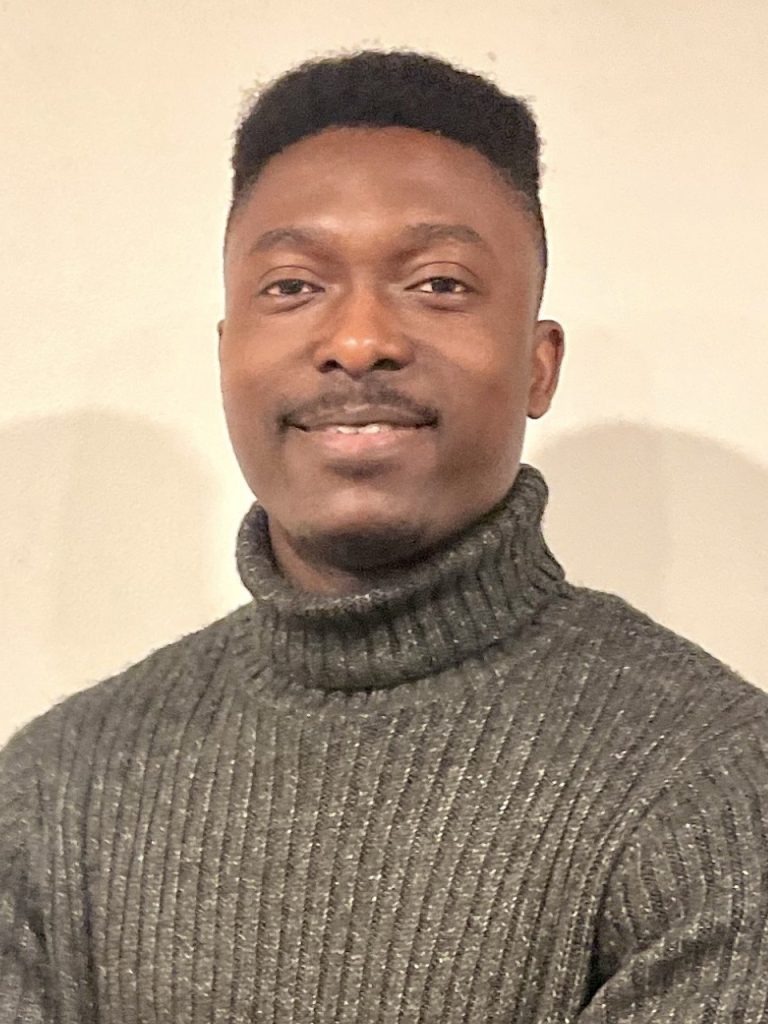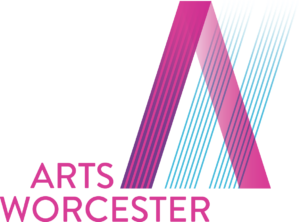Emmanuel Manu Opoku (b. Ghana, 1990) received a BFA in Painting from Kwame Nkrumah University of Science and Technology in Kumasi, Ghana. He holds an MFA in Sculpture from the University of Florida, where he worked as an Adjunct Professor of Studio Art. Opoku has had solo exhibitions in Florida, North Carolina, and New Mexico, and his work has been featured in numerous group exhibitions in the U.S. and internationally. He is a recipient of the James J. Rizzi Studio Award, the Harold Garde Studio Art Award, and a Juror's Prize at ArtsWorcester for Strut (2023). He has participated in a 60-artist collaborative project, “Exquisite Moving Corpse,” which has been screened in Venice, Italy and New York City. Opoku is a former curator of 4Most Gallery, and he currently teaches as an Adjunct Professor at Assumption University.
statement
Growing up in Ghana, Emmanuel Opoku witnessed a material culture very different from the United States’ throw-away society. In Ghana, electronics and appliance shops were everywhere, ready to repair anything, due to a belief that all broken objects still have value. Opoku incorporates this belief into his sculptural assemblages and paintings, using repurposed and transformed objects of various utility, re-contextualizing the objects and the viewers’ perceptions of them. In repurposing everyday objects, ranging from kitchen utensils and plastic lizards to tea kettles and hair extensions, and placing them in the gallery space, Opoku seeks to elevate their status. The artist does not hide these objects, rather, he honors their past “lives” and finds a surrealist sense of humor and sarcasm in their reuse in his fine art. Opoku draws inspiration from modernists such as Marcel Duchamp and Constantin Brancusi, who inspired audiences to view mundane objects in new ways. Humor is essential to the artist’s aesthetic. The geometric pattern that repeats in the background of his paintings is a reference to the face paint used by actors on the Ghanaian comedy show Key Soap Concert Party. Opoku aims to entertain with his sculptures and paintings—to engage the viewer and maintain a sense of surprise at every angle. Opoku’s paintings feature visual assemblages, and investigate the relationship between individuals and their objects. These “symbolic portraits,” as the artist calls them, combine classical portraiture and surrealist techniques in which the representational forms are abstracted. The faces and bodies of his subjects—friends, family, and the artist himself—are obscured and distorted by inanimate objects to create a biographical narrative. Through this work, Opoku explores his diasporic experience and cultural assimilation with a focus on commodity and consumerism. “Who we are is what we value,” says Opoku.

